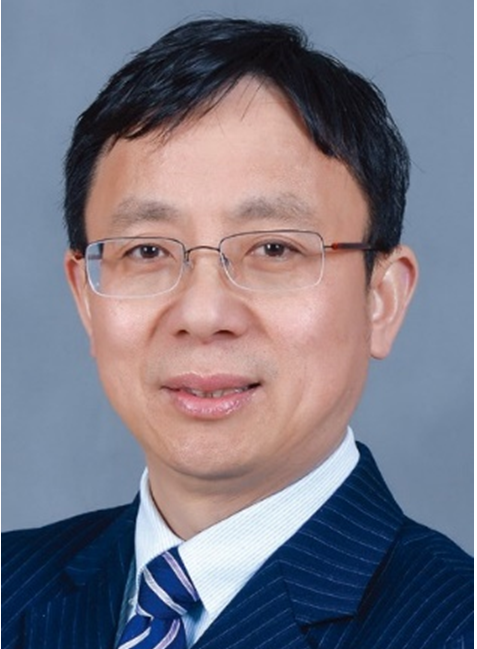Abstract
The transformation from unipolarity to multipolarity carries with it both high risks and great opportunities. Pragmatic multilateralism envisions an international order based on the sound balance of power and buttressed by strong institutions. Such an order will effectively temper inevitable major power rivalry and facilitate necessary cooperation among states. It entails an ambitious and progressive agenda anchored by three pillars: a grand bargain between China and the United States; a reformed and reinvigorated international system; and a constructive role by the key third-party actors such as Europe, Russia, Japan, India, and ASEAN.
About the Speaker
 Wu Xinbo is Professor and Dean, Institute of International Studies, and Director at the Center for American Studies, Fudan University. He teaches and researches China’s foreign and security policy, Sino-US relations, and US Asia-Pacific policy. Prof Wu is the author of Dollar Diplomacy and Major Powers in China, 1909-1913 (Fudan University Press, 1997), Turbulent Water: US Asia-Pacific Security Strategy in the post-Cold War Era (Fudan University Press, 2006), Managing Crisis and Sustaining Peace between China and the United States (United States Institute of Peace, 2008), The New Landscape in Sino-U.S. Relations in the Early 21st Century (Fudan University Press, 2011), and co-authored Asia-Pacific Regional Order in Transformation (Current Affairs Press, 2013), China and the Asia-Pacific Chess Game (Fudan University Press, 2017). His work has also appeared in English language journals such as International Affairs, The Washington Quarterly, Journal of Contemporary China, Contemporary Southeast Asia, Asian Survey as well as Chinese language journals published in China. He also contributed chapters to book volumes published by Stanford University Press, Columbia University Press, Oxford University Press, Georgetown University Press, etc.
Wu Xinbo is Professor and Dean, Institute of International Studies, and Director at the Center for American Studies, Fudan University. He teaches and researches China’s foreign and security policy, Sino-US relations, and US Asia-Pacific policy. Prof Wu is the author of Dollar Diplomacy and Major Powers in China, 1909-1913 (Fudan University Press, 1997), Turbulent Water: US Asia-Pacific Security Strategy in the post-Cold War Era (Fudan University Press, 2006), Managing Crisis and Sustaining Peace between China and the United States (United States Institute of Peace, 2008), The New Landscape in Sino-U.S. Relations in the Early 21st Century (Fudan University Press, 2011), and co-authored Asia-Pacific Regional Order in Transformation (Current Affairs Press, 2013), China and the Asia-Pacific Chess Game (Fudan University Press, 2017). His work has also appeared in English language journals such as International Affairs, The Washington Quarterly, Journal of Contemporary China, Contemporary Southeast Asia, Asian Survey as well as Chinese language journals published in China. He also contributed chapters to book volumes published by Stanford University Press, Columbia University Press, Oxford University Press, Georgetown University Press, etc.
Dr Wu is on the editorial board of The Washington Quarterly, European Journal of International Security and International Affairs. He was a member of the World Economic Forum’s Global Agenda Council on Geopolitical Risk and served as its Vice-Chair (2012-13) and Chair (2013-14), and a member of the World Economic Forum’s Global Agenda Council on Geo-economics(2015-2016). He is currently a member on the Advisory Council of Asia Society Policy Institute, as well as a member of The Trilateral Commission.
Dr Wu entered Fudan University in 1982 as an undergraduate student and received his BA in history in 1986. In 1992, he got his PhD in international relations from Fudan University. In the same year, he joined the Center for American Studies, Fudan University. In 1994, he spent one year at the George Washington University as a visiting scholar. In the fall of 1997, he was a visiting fellow at the Asia-Pacific Research Center, Stanford University and the Henry Stimson Center in Washington DC. From January to August, 2000, he was a Visiting Fellow at the Brookings Institution. From September 2006 to July 2007, he was a Jennings Randolph Senior Fellow at the United States Institute of Peace.



 Add to Google calendar
Add to Google calendar
 Add to Outlook calendar
Add to Outlook calendar
